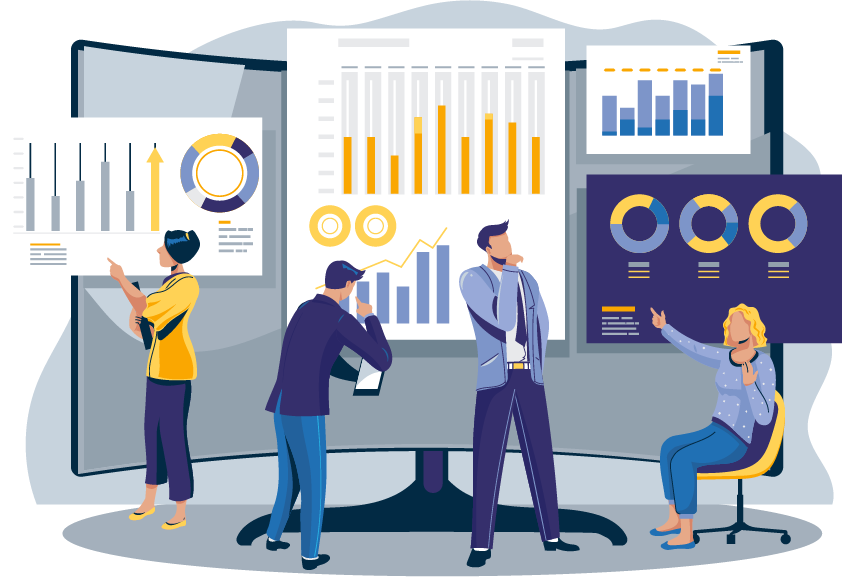Data Analytics
Making critical decisions for business has become easier with data analytics. This field of technology involves collecting relevant data, examining and analyzing it to make a final interpretation. The main objective of data analytics is to enable organizations to optimize their actions and build growth strategies. The insight drawn provides context on emerging trends, present performance, and underlying issues prevailing in an organization.


